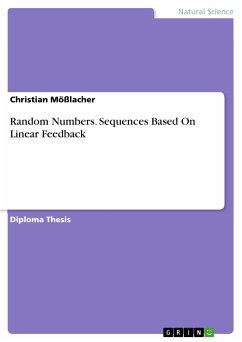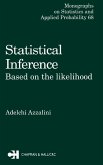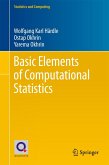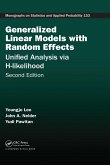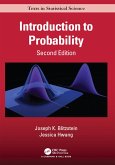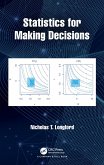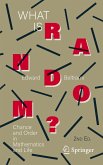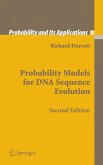Diploma Thesis from the year 2012 in the subject Mathematics - Stochastics, grade: 2, Klagenfurt University (Institut für Statistik), language: English, abstract: 7 is definately not a random number. In fact, we would probably say that the sequence 7, 2, 13, 9, 5, 8, ... is random. Within mathematics a sequence of random numbers should not display a pattern or show any form of regularity. Sequences of random numbers are generated by an algorithm that determines a succeeding number using one or more given numbers. Numbers yielded by an algorithm are called pseudo-random numbers which can be denoted mathematically. Multidimensional equidistribution and a large period are important properties required from a sequence in order to acknowledge it as random numbers. The algorithms to produce random numbers can be roughly grouped into two families - congruential generators and generators based on feedback shift registers (FSR). We will focus on the latter family. An FSR-based generator can be described by a characteristic polynomial which has to be primitive in order to ensure the best quality with respect to randomness. Often sparse polynomials are used to reduce computing costs. The algorithms used produce random sequences that might have some deficiencies. However, the quality of randomness can be improved by several measurements; as are modifying the feedback, filtering the output sequences or combining two or more generators.
Dieser Download kann aus rechtlichen Gründen nur mit Rechnungsadresse in A, B, BG, CY, CZ, D, DK, EW, E, FIN, F, GR, HR, H, IRL, I, LT, L, LR, M, NL, PL, P, R, S, SLO, SK ausgeliefert werden.

